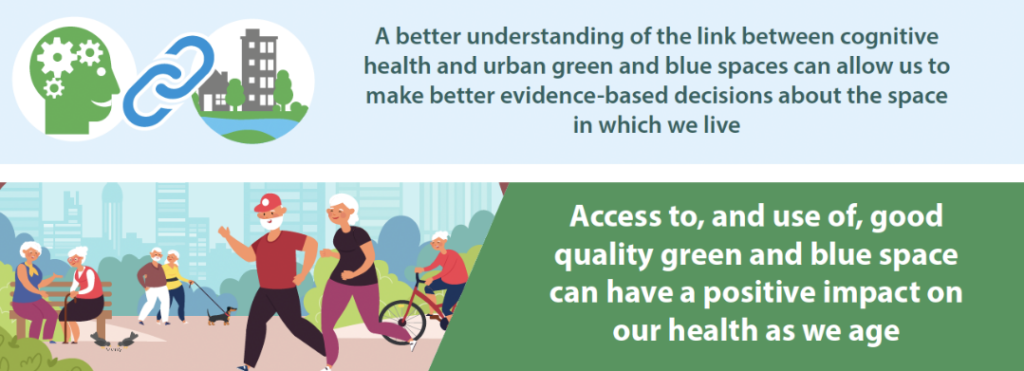City Know-hows

Target audience
For the attention of: Psychologists, psychotherapists and built environment policy-makers and public health practitioners.
The problem
The most common measure of prevention that governments around the world implemented to contain the COVID virus was mandatory lockdowns. These lockdowns affected not only interpersonal relations, but also the mood of residents and urban dwellers.
What we did and why
We investigated the association between household density/overcrowding and self-reported mood levels during a COVID-19 lockdown. Using data collected through an online survey carried out during the lockdown in Ecuador, a small developing country, we estimated an ordered probit model. An ordered probit model is a statistical technique used to estimate relationships between a dependent variable and a set of independent variables. Our results confirm that higher levels of household density/overcrowding are related to lower levels of self-reported mood.
Our study’s contribution
We reveal;
Higher levels of household density/overcrowding are related to lower levels of self-reported mood.
A negative relationship between household density and reported mood during quarantine is significant for those who were born in 1969–1980 and 1994–2010, the so-called X and Z generations, respectively. However this association is not significant for those who were born in 1949–1968 and 1981–1993, known as baby boomers and generation Y, respectively.
Impacts for city policy and practice
From a public policy perspective, our results suggest that efforts to improve living conditions in terms of dwelling space should be particularly aimed at age groups that may be more vulnerable to overcrowding. Some of these strategies could include credits for home improvement, with preferential interest rates and longer periods within which to pay them.
Further information
Full research article:
Associations between household density and mood during COVID-19 lockdowns: evidence from Ecuador by Juan Pablo Díaz-Sánchez (@juanpadiaz21), Cintya Lanchimba, Franklin Velasco and Mariel Paz y Miño
Related posts

It is known that environmental exposures can have negative effects on brain health. We reviewed all the literature examining the effects of environmental exposures on cognitive health. There is a paucity of research on the effects of urban planning, particularly regarding things like active travel and green space accessibility.

Implementing community participation in planning of public open spaces is one of the most useful and effective means to encourage a higher sense of community.

Who supports proposals to manage if, when and where new takeaways can open near schools? According to our recent study,over 50% of adults living in Great Britain!